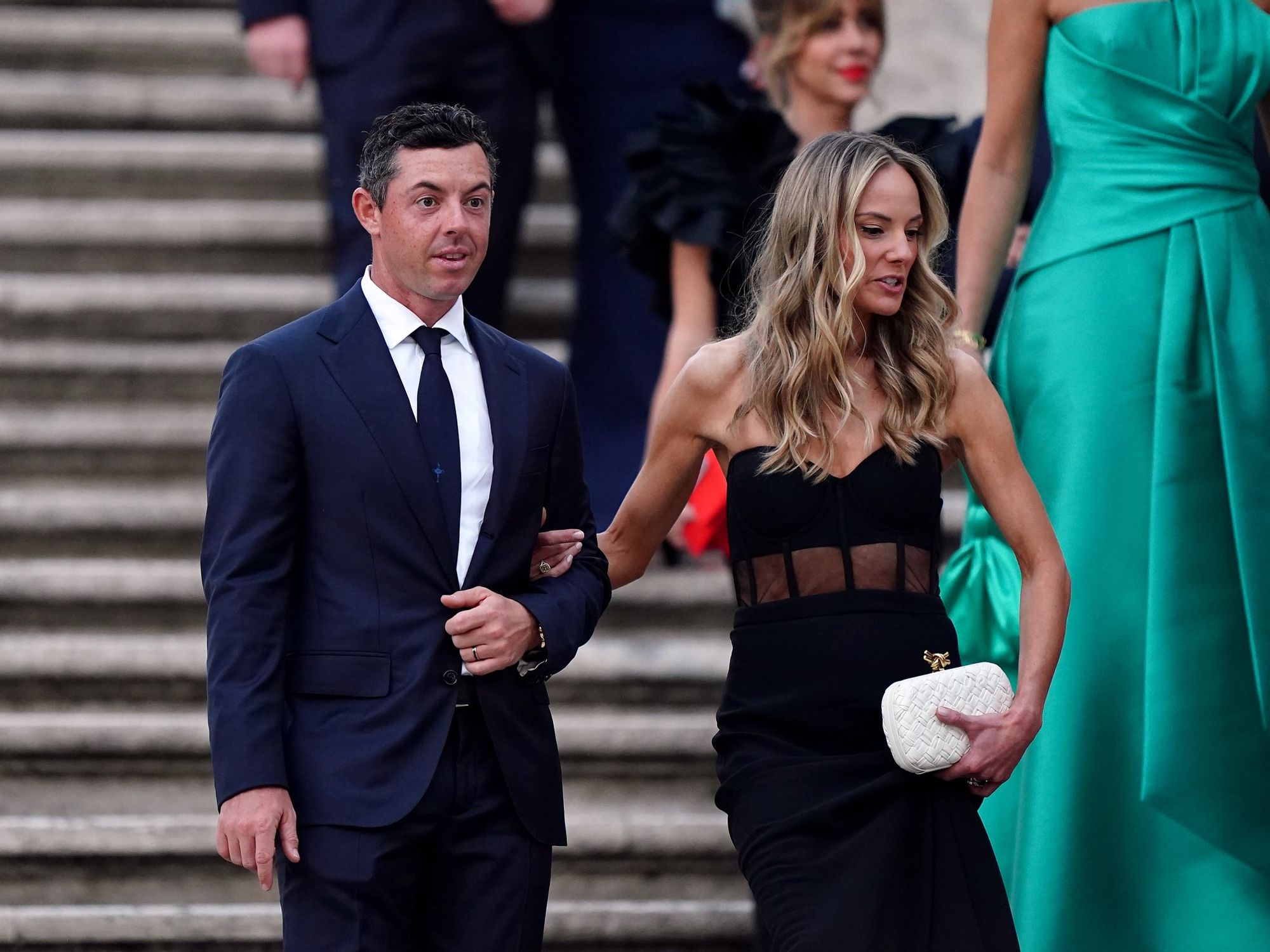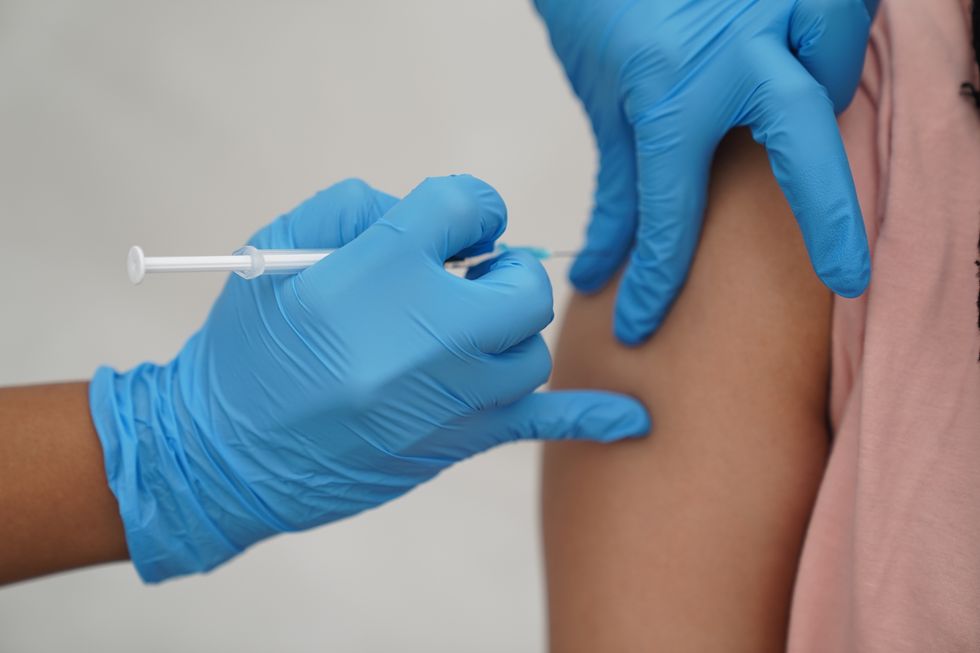Covid jab compensation scheme is 'not working', says Tory MP
Sir Christopher Chope has called for bespoke legislation to compensate people who suffer with severe side effects from the Covid vaccine
Don't Miss
Most Read
A scheme to provide compensation to people who suffer severe side-effects from vaccines is not working for Covid-19 jabs, a Conservative former minister has said.
Sir Christopher Chope said the Government is in “denial” over the extent of the issue and, putting forward alternative proposals using a Ten Minute Rule Motion in the House of Commons, he called for “bespoke legislation” to provide “timely redress for those who have suffered as a result of doing the right thing”.
The current vaccine damage payment scheme provides a one-off tax-free payment of £120,000 if someone is severely disabled or has died as a result of side-effects from certain vaccines, including Covid jabs.
The Government says receipt of the payment does not preclude people from taking legal action to receive additional compensation.
Kirsty O'Connor
Speaking about Covid-19 vaccines, Sir Christopher said the Vaccine Damage Payments Act 1979, which allows for the system, “is not working”.
“No payments have yet been made under its provisions, even in respect of those whom a coroner’s verdict has found died because of the vaccine. The impatience and frustration of those so affected is now palpable,” the MP for Christchurch said.
He told MPs: “This Bill is not about the tens of millions of people in the United Kingdom who have benefitted from the vaccination programme, this Bill is about the tens of thousands for whom the harm caused by the vaccine was greater than the benefit.
“The specific focus of this Bill is on the families of those who tragically died and those individuals who have suffered severe injury or life-changing conditions as a result of doing their public duty and being vaccinated.
“More than 450,000 yellow cards have been submitted to the medicines, healthcare and regulatory authority detailing adverse reactions to Covid-19 vaccines. That number is an underestimate of the actual numbers of people adversely affected, actually that number may be 4.5 million or more.”
The Medicines and Healthcare products Regulatory Agency says the yellow card scheme allows anybody to report any suspected adverse reactions or side-effects to the vaccine. “It is very important to note that a yellow card report does not necessarily mean the vaccine caused that reaction or event,” its website says.
Sir Christopher is proposing a Bill to improve diagnosis and treatment of adverse effects from Covid-19 vaccines, which would compel the secretary of state to report to Parliament on whether there should be an upper limit for the compensation payment, and to assess the suitability of the current threshold of injury suffered before people are eligible.
Questioning the current assessment criteria, he also suggested the test for awarding the payment could be “whether there is any other reasonable explanation for the disablement or death suffered”.
The Bill is not expected to make any further progress or become law due to a lack of parliamentary time and previous Government objections.
Health minister Maria Caulfield has previously said the difficulty with Covid-19 vaccines is the scientific evidence on “potential causal links between the vaccines and incidences of disablement is still being developed”.
The NHS website says any side effects from the Covid-19 vaccines approved for use in the UK “are usually mild and should not last longer than a week”, adding: “More serious side-effects, such as allergic reactions or blood clotting, are very rare.”













